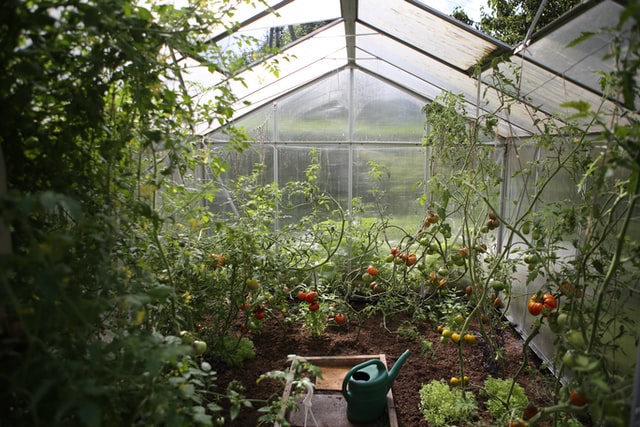 |
For new farmers! Latest agricultural moisture sensor information |
Table of contents
1. What is an agricultural moisture sensor?
2. Why do you need an agricultural moisture sensor
3. Strong agriculture utilizing moisture sensor
1. What is an agricultural moisture sensor?
As the name implies, a soil moisture sensor is a sensor that can measure the water content of the soil. If purchased or leased with an irrigation device, the soil moisture content measured by the moisture sensor can be reflected in the irrigation volume.
The type sold separately from the irrigation device attachment allows you to carry only the moisture sensor and attach it to any place you like, or use it in multiple fields.
There is also a type that is maintenance-free and can be used continuously for a long time, and a type that can measure not only soil moisture content but also soil conductivity (EC), temperature, permittivity, transpiration amount, etc. at the same time.
Here, we will introduce the latest information on agricultural moisture sensors recommended for new farmers, along with the strengths of distributors and manufacturers
2. Why do you need an agricultural moisture sensor

First, let's talk about why you need an agricultural moisture sensor.
Everyone knows that "water" is one of the environmental factors that are indispensable for the growth of crops. The water absorbed from the roots mixes with the nutrients and travels through the body of the plant. Water that has become water vapor is released from the holes called "stomata" that are widely distributed on the back of the leaves. The action of releasing water as water vapor is called "transpiration", and plants grow by circulating nutrients in the body by this action. In other words, the agricultural moisture sensor plays an important role in visualizing whether the soil contains sufficient "water" that is essential for the growth of crops.
Extreme weather due to worsening environmental problems
Of course, until now it was possible to grow crops without using a moisture sensor. However, due to abnormal weather caused by the deterioration of environmental problems in recent years, agricultural sites must pay more attention to "rainwater" than ever before, such as heavy rains in northern Kyushu, landings of large typhoons, and localized heavy rains.
Basically, open-field cultivation is affected by rainwater, but it should be noted that heavy rains in recent years have caused flood damage to greenhouses one after another.
According to the Japan Meteorological Agency, the accuracy of weather forecasts is improving year by year. As of January 2019, the accuracy rate of the presence or absence of precipitation is about 87%, and the forecast error of the maximum temperature is about 1.5 ° C, which is highly accurate. I think that the accuracy of forecasts will continue to improve, and it will be possible to pinpoint the weather in both regions and times. In that case, it will be possible to perform more accurate irrigation by utilizing weather forecasts and agricultural moisture sensors.
Eliminate uneven irrigation due to the slope of the field
https://digiworldofagriculture.blogspot.com/2022/01/what-are-digital-technologies-in.html
In addition, the Japanese archipelago has many mountains, and there are many fields with slopes. Generally, it is used flat when leveling, but if the soil flows due to rain, the field may be slightly sloped. In that case, even if irrigation is done using a tube, uneven irrigation will occur at high and low places. In order to eliminate uneven irrigation, it is important to check the soil moisture diligently using daily observations and a portable moisture sensor.
In addition, the Japanese archipelago has many mountains, and there are many fields with slopes. Generally, it is used flat when leveling, but if the soil flows due to rain, the field may be slightly sloped. In that case, even if irrigation is done using a tube, uneven irrigation will occur at high and low places. In order to eliminate uneven irrigation, it is important to check the soil moisture diligently using daily observations and a portable moisture sensor.
3. Strong agriculture utilizing moisture sensor

Some people anticipate that changes in the environment will make it impossible to farm as usual and that the emergence of new farmers with a lot of individuality will lead to an era in which it is not possible to fight with just taste. In addition, it is possible to accelerate EC sales instead of JA shipping as a sales channel. In that case, not only farming but also branding and farm management will be important for strong farming. Utilization of the moisture sensor for agriculture will lead to improvement of irrigation efficiency and stability of quality, so please consider introducing it from the time of new farming.





.png)
Nic sir
ReplyDeleteI fount it very very interesting, unique and informative.
ReplyDeleteKeep it up. I am following your instructions for my farm.